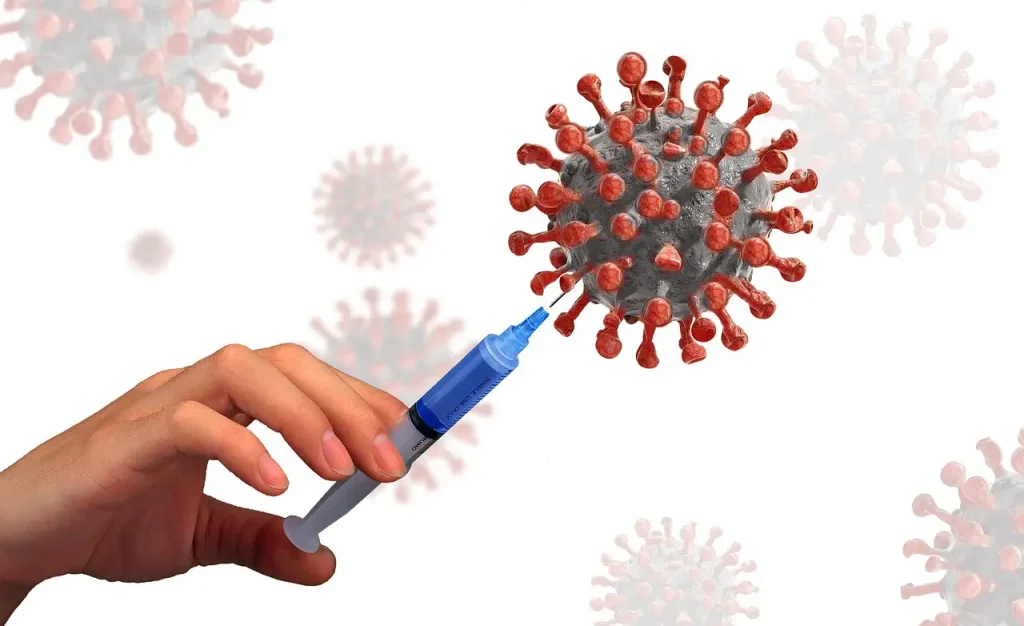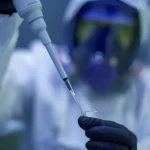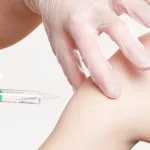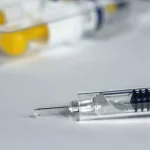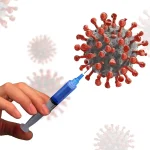December 4, 2020 – At today’s press conference of the National Civil Protection Headquarters, Krunoslav Capak, director of the Croatian Institute for Public Health, presented the vaccination plan in Croatia.
Capak said that the EU had opened negotiations with six manufacturers in the first phase and that the first agreement Croatia had received was the AstraZeneca agreement. From this manufacturer, 3.6 million doses of vaccine were ordered, but due to the huge interest of other EU countries, Croatia received 2.7 million doses, so the remaining 900,000 doses were ordered from Johnson & Johnson.
After that, one million doses were ordered from Pfizer and Moderna, and 300,000 doses from CureVac.
“Croatia has ordered 5.6 million vaccine doses from various manufacturers, and we have received an offer from the company that will register it at the end of 2021. We will take smaller quantities from them in case this is a seasonal vaccine,” Capak said.
Pfizer’s vaccine could be registered by December 29, registration of the Moderna vaccine is expected in early January, so it is likely that these vaccines will be the first to be vaccinated in Croatia, as the Oxford (AstraZeneca) vaccine is expected later in the first quarter of next year, said Capak.
Vaccination free and voluntary, masks still mandatory
“We’ve made a vaccination plan. It has all the elements except the distribution date and quantity, that’s what we don’t know yet. Pfizer has announced that the first round that comes to us will contain 125,000 doses. If it’s a quarterly delivery, we’ll be able to vaccinate 62,500 people. If there is a monthly delivery, then we will be able to vaccinate 125,000 people,” said Capak, adding that the priority people are the sick, people in health care, users and staff of nursing homes. After that, the vaccine will be offered to all other residents.
“We calculate that 5.6 million doses will be enough for everyone who wants to be vaccinated. The vaccine will be free and voluntary, it will not be mandatory. But it would be good to vaccinate as many people as possible; it provides us with collective immunity,” said Capak, emphasizing that the era of not wearing masks will not begin with the vaccination itself.
“For a while, we will coexist with masks even though we have been vaccinated or got over it. When the numbers fall then we will reduce the obligation to wear masks,” Capak said.
The importance of informing about vaccination
“All vaccines recommend two doses. The second dose follows three or four weeks after the first. In the implementation, we took a model of how we do it for the flu. The county public health institutes will vaccinate with the help of other colleagues,” he says.
Also, Capak added that it is very important to inform citizens truthfully and accurately, so the Government will hold a series of expert conferences to promote the importance of vaccination.
“In the fight against anti-vaccines, it is important to accurately inform citizens, and we are already doing that. The government will run an additional campaign, there will be a series of professional and scientific conferences, experts will talk about the vaccine and effectiveness. We will promote the importance of vaccination through the media and other means of communication and we think it is very important to emphasize in this campaign that vaccination protects not only ourselves but also others. It is a matter of social responsibility and solidarity with those most vulnerable from a coronavirus infection,” Capak said.
He added that no one even talked about compulsory vaccination.
“I will definitely get vaccinated and I offer you to record it when the vaccine comes to Croatia,” Capak promised reporters and was joined by other members Davor Bozinović, Alemka Markotić, and Vili Beroš.
“It is said that this is the fastest developed vaccine in history. That is true, but one should know the fact that from the beginning it was obvious that the cure would be difficult to find. Therefore, large funds were quickly invested in vaccine research and production,” Capak said in the introduction of the conference.
To read more news about coronavirus in Croatia, follow our dedicated page.

